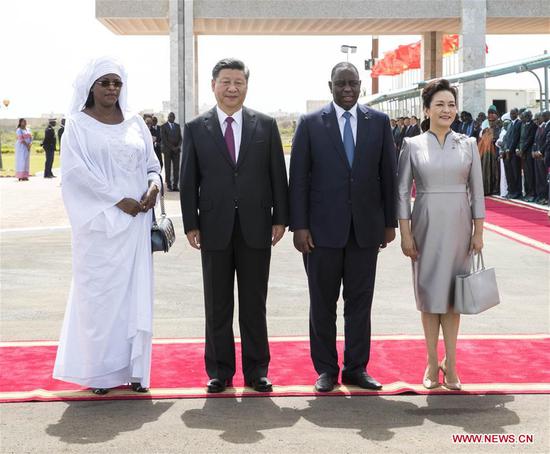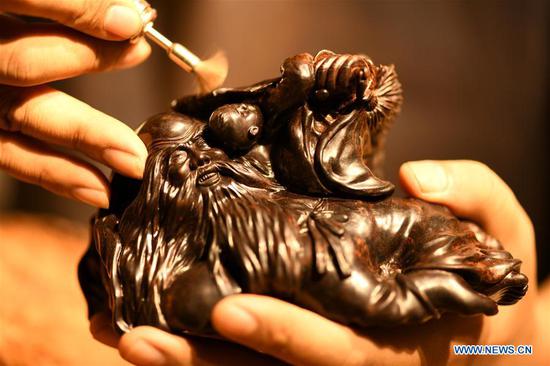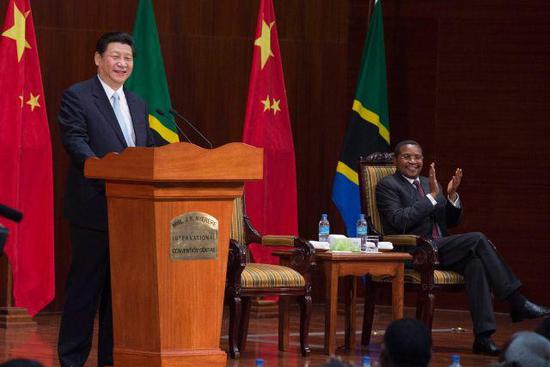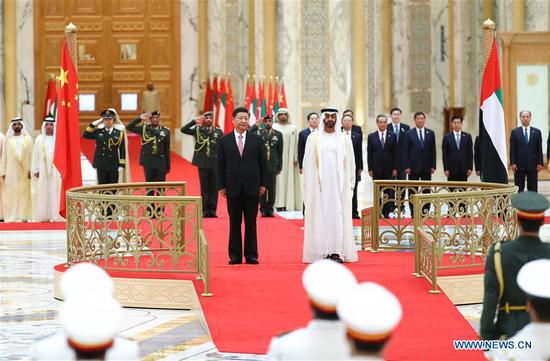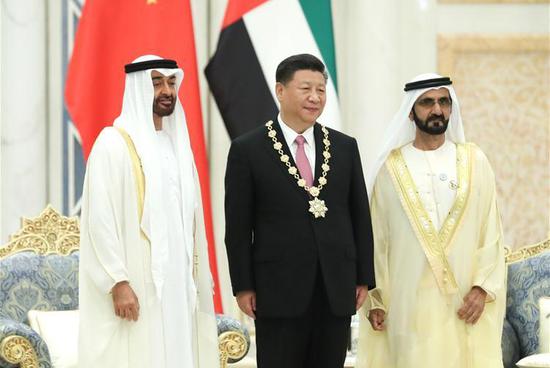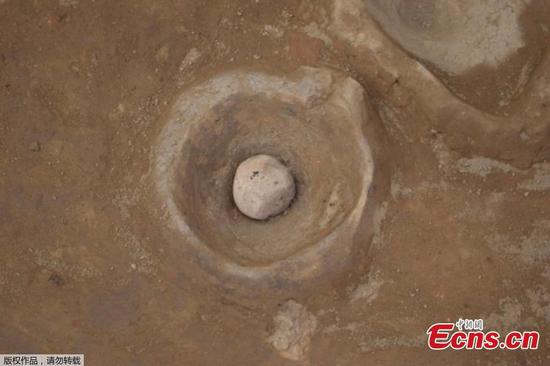U.S. has more reason to devalue dollar: expert
China is not manipulating its currency downward to support its exports amid a trade row with the U.S. and the recent depreciation of the yuan has been purely market driven, analysts said Sunday.
China wouldn't use yuan depreciation as a weapon to cope with negative effects from the trade tension with the U.S., said Zhou Yu, director of the Research Center of International Finance at the Shanghai Academy of Social Sciences on Sunday.
"Depreciation of the yuan might offset the influence of higher U.S. tariffs, but it wouldn't do much good for China's economy. It might bring bad consequences like capital outflows. China wants the yuan to be stable and wouldn't want it to depreciate significantly," Zhou said.
His view was echoed by Cong Yi, an economics professor at the Tianjin University of Finance and Economics, who said that it's the U.S., not the Chinese government, that has caused the yuan to depreciate.
The trade tension has caused a deterioration in China's international trade balance, which has in turn brought capital outflows and depreciation pressure on the yuan, Zhou and Cong both said.
In a twitter post from Trump on Friday, he accused China, the EU and others of devaluing their currencies and lowering interest rates while the U.S. dollar gets stronger, taking away a "big competitive edge" from the U.S..
But Zhou noted that Trump's views do not necessarily represent the U.S. government's stance.
For example, in its biannual report on international exchange rates released by the U.S. Treasury in April, it decided not to label China a currency manipulator.
U.S. strategy
A CNBC report on Friday noted that the tit-for-tat Sino-U.S. trade dispute has turned into a "currency war" between the two economies, with both currencies depreciating in recent days.
On Friday, the yuan's reference rate against the U.S. dollar weakened by 605 basis points to 6.7671, data from the People's Bank of China, China's central bank, showed.
On January 2, the first trading day this year, the yuan stood at 6.5079 against the U.S. dollar. And the U.S. dollar index edged down 0.72 percent to 94.48 on Friday.
According to Cong, there is no basis for long-term depreciation of the yuan, as China is making efforts to decrease reliance upon exports and increase dependence on domestic demand. "Besides, U.S. companies are also increasing investment in China amid slumping demand in the U.S.. That trend is irreversible," he said.
In early July, U.S. car maker Tesla signed a deal with Chinese authorities to build a new auto plant in Shanghai, according to media reports.
Zhou noted that it's the U.S. government that's likely to intervene in the currency market to maintain its benefits from the tariff increase on Chinese goods.
"I think the U.S. government will make some efforts to prevent a rise in the U.S. dollar, against the background of interest rate hikes by the U.S. Federal Reserve, as they don't want the effects of the trade measures to be completely watered down by the depreciating yuan," Zhou said.
























